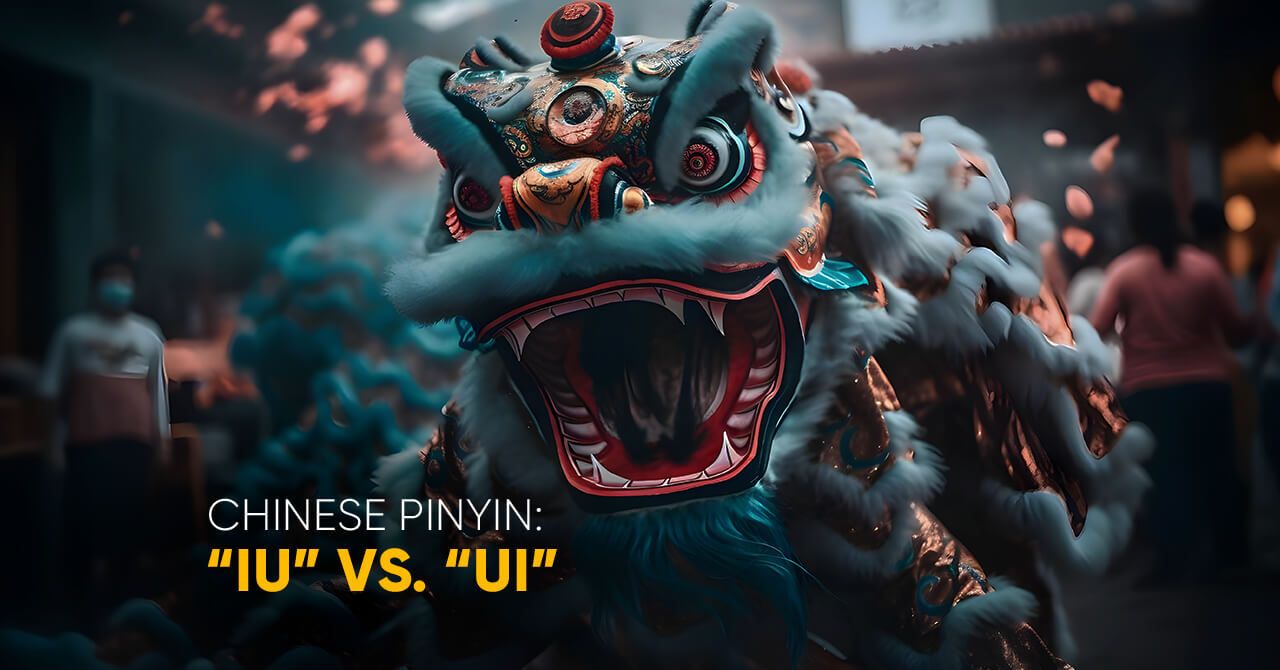
How to distinguish “刚“ and “刚才”?
In Chinese, “刚” and “刚才” have the same meaning, but they have different usages. The following will help you understand how to use the two words.
In Chinese, “刚” and “刚才” have the same meaning, but they have different usages. The following will help you understand how to use the two words.
The similarity between “刚“ and “刚才”
“刚” and “刚才” both indicate that an action or a situation took place not long ago; both can serve as an adverbial modifier.
Your uncle just called and said he sent you an email.
你叔叔刚打电话来说给你发了电子邮件。
你叔叔刚才打电话来说给你发了电子邮件。
Differences between “刚“ and “刚才”
“刚” and “刚才” have different usages in Chinese. The following will help you understand how to use the two words.
1: I just went to the bathroom.
我刚去洗手间了。
刚我去洗手间了。(incorrect)
我刚才去洗手间了。
刚才我去洗手间了。
“刚” is an adverb serving as an adverbial modifier, used only after the subject and before the verb, while “刚才” is a temporal noun that can be used either before or after the subject.
2: Why can't I find the book I borrowed this morning?
我上午刚借的那本书,怎么找不到了?
我上午刚才借的那本书,怎么找不到了?(incorrect)
“刚” can be preceded by a temporal word, while “刚才” cannot. In the above sentence, in front of the word “刚”, there is the temporal word “上午”, so we should use “刚”.
3: He has only been here for a week.
他刚来一个星期。
他刚才来一个星期。(incorrect)
In the above sentence with “刚”, the verb can be followed by a word of duration, while “刚才” can not. “一个星期” is a word for the duration, others like 一会儿(for a while), 三个月/天(three months/days), and so on.
4: Why didn't you just say that?
你为什么刚才不说?
你为什么刚不说?(incorrect)
In the above sentence with “刚才”, “刚才” can be followed by a negative word, while “刚” cannot. In Chinese negative words: 不、没.
Practice: Have a try, you are the best!
(1)我 _____ 给我妈妈打了一个电话。
(2)我昨天 _______ 到,有点儿累了,想休息休息。
(3)你 ______ 不在办公室,我把东西给你同事了。
(4)我 _____ 搬来一个星期,对这儿的环境还不太熟悉。
I'm Rainbow. I have an international senior Chinese teacher certificate. Teaching is my full-time job. I can help you with your Chinese. Book my lesson and let’s have fun learning together!

